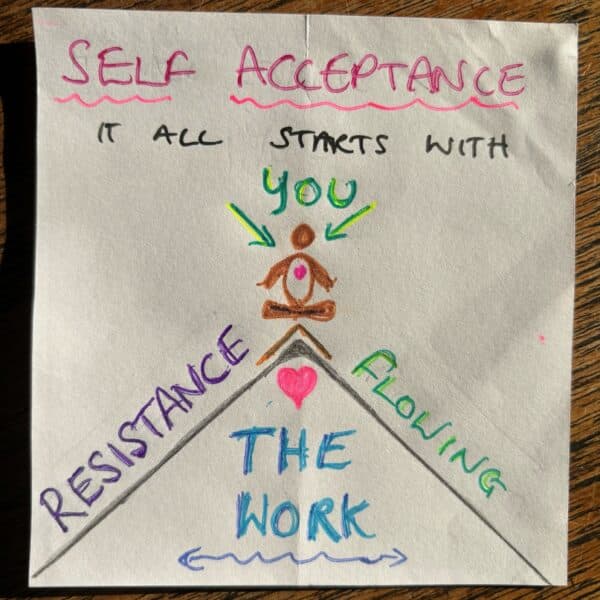
Right now, life feels like a never-ending uphill marathon. So many of us are quietly battling a sense that we’re swimming against the current, doing our best to function in a world that seems to be shifting beneath our feet. In times like this, the comfort zone becomes tempting. But while it may feel safe, it’s rarely where growth happens.
The lesson? To walk through the uncomfortable and allow it to shape us—gently, honestly, and without resistance. But what do we define as comfortable? And is it really as nourishing as we believe?
We’ve been conditioned to think that once we reach a certain point—financially, emotionally, spiritually—we’ll feel better. But more often than not, when we finally get there, a new mountain appears on the horizon. Our goalposts shift. Comfort becomes elusive. Perception plays a major role, yet it’s easily distorted by emotions if we’re not careful.
What we call “comfort” can sometimes be a mask for fear or a desire to avoid change. We might convince ourselves that staying where we are is better than risking the unknown. But when we resist what’s asking to shift within us, life tends to unravel in unexpected ways. True growth starts with acceptance—and that takes humility. Realising we aren’t in control can feel like defeat, but it can also be deeply freeing. When we release the need to control outcomes, we create space for something wiser to emerge.
Change is rarely easy. In many ways, it mirrors the grief process. Elisabeth Kübler-Ross outlined this in five stages: Denial, Anger, Bargaining, Depression, and Acceptance. These stages don’t always arrive in a neat order. They shift and resurface when we least expect it. And in many of life’s challenges, aren’t we just dancing with those same stages—whether we realise it or not?
Wouldn’t it be easier if we simply started with Acceptance?
There’s a lot of talk right now about the rise in collective consciousness—what some call “New Earth” energy. And yes, everything feels confusing before clarity. Whether change is big or small, it all comes back to perspective. We can zoom out and appreciate the bigger picture, or we can zoom in on one uncomfortable pixel and let it dictate everything.
Now is a time to pause. To reflect. Not on what’s missing, but on what’s here. It’s not about manipulating life to fit your expectations, but learning to hold space for what’s unfolding.
Inner peace doesn’t come from controlling emotions—it comes from meeting them with compassion. From understanding that discomfort is part of the human journey. When we accept this, we start to feel grounded. We remember who we are and what we’re here for.
